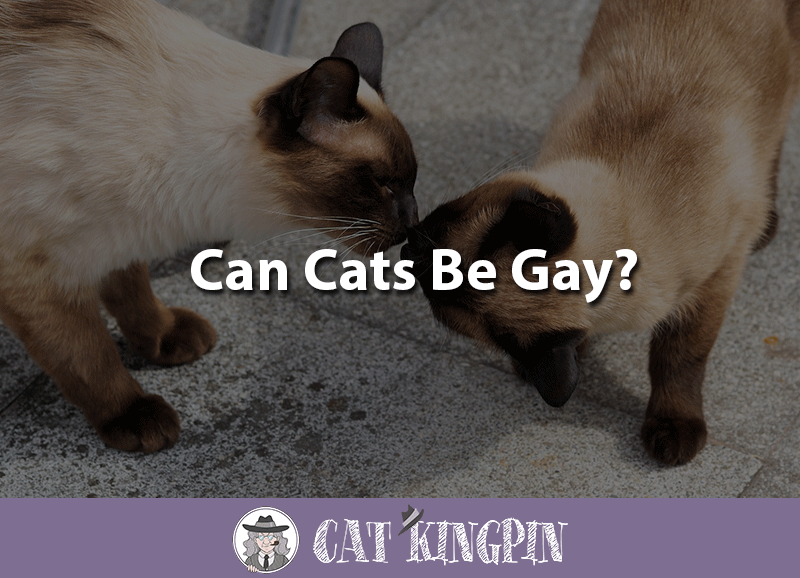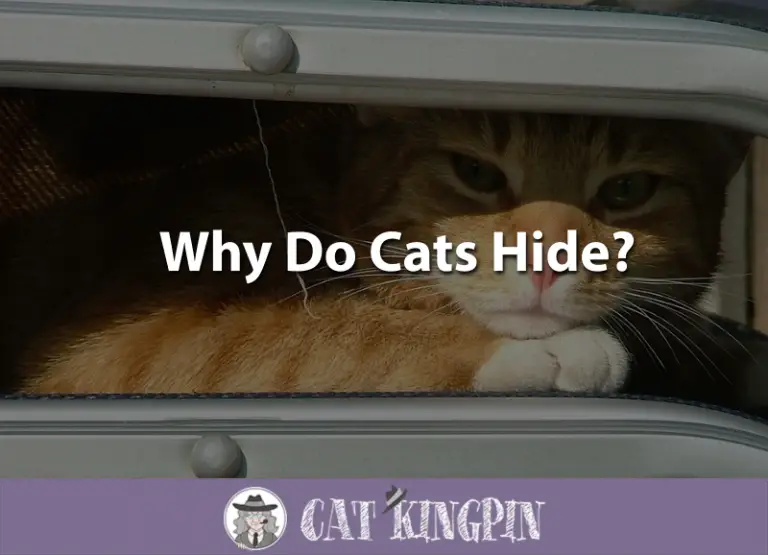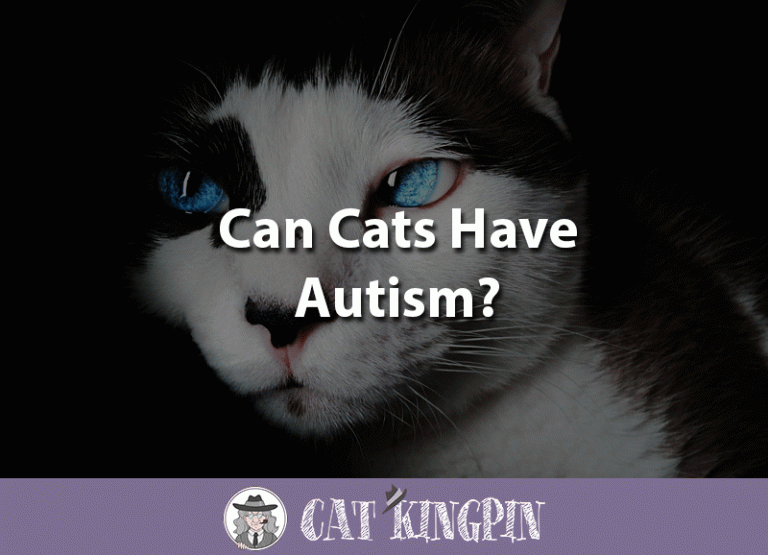Can Cats Be Gay?
If you watch the news at all these days, you know there is a lot of discussion about LGBT (lesbian, gay, bisexual, and transgender) issues. While these important discussions generally involve people and their sexuality, it shouldn’t be surprising that some cat owners wonder if cats can be gay.
This may seem like a silly question, but the answer is actually pretty interesting.
In this article we will cover the following:
- Cat and Sexuality, What you Need to Know
- Do Cats Mate with Other Cats of the Same Sex?
- Can Cats Love?
- Can Cats Love Others of the Same Sex?
- So, Can Cats Be Gay?
Cat and Sexuality, What you Need to Know
The concept of sexuality in humans is complex, to say the least. Depending on whom you ask, human sexuality encompasses sexual behavior, romantic feelings, and sexual desires or attractions.
While cats may not have the full range of sexual emotions found in people, cats obviously do engage in sexual behavior. Cats can also be “attracted” to other cats or people, showing a desire to be close to them.
People identify themselves as gay when they are attracted to members of the same sex. Others might consider someone to be gay if they believe they are engaging in same-sex relationships.
There has also been research on same-sex interactions among animals. In his book, Biological Exuberance: Animal Homosexuality and Natural Diversity, Canadian biologist Bruce Bagemihl, has identified same sex behavior in more than 450 different kinds of animals worldwide.
Turning back to cats, if they can be gay, what does this mean? Is being gay in cats defined by physical behaviors, relationships between animals, or both?
We’ll look first at whether cats engage in same-sex behaviors and, then, whether cats are capable of love.
Do Cats Mate with Other Cats of the Same Sex?
The first question to answer might be, “Will two male cats ever try to mate with one another?” As the following video shows, the answer to this appears to be, “Yes.”
https://youtu.be/v7kwV1UC21o
But, to conclude that cats can be gay on this basis alone, overlooks other important aspects of cat biology.
First, much like with dogs, male cats will sometimes mount another male cat as a show of dominance. In such a case, the behavior is not, technically, a sexual act, much like play fighting in cats is not the same as actual fighting.
Second, male cats can develop to be hyper-sexualized, meting out sexual aggression to other cats they encounter. This can persist even when the male is neutered.
Third, male cats can view a neutered male cat as a non-male, and hence a female. When a male cat is neutered, the male pheromones produced through the presence of the male hormone testosterone are greatly reduced or absent; the neutered male cat, in effect, smells like a female.
Finally, if cat housemates live out their lives in isolation from other cats, any sexual behaviors they exhibit will, of necessity, be directed towards other cats in the household, regardless of their sex. Alternatively, the recipient of the cat’s amorous advances could be other pets, people living in the same house, or even stuffed animals.
Can Cats Love?
Physical sexuality is just one component of sexual identity. Perhaps more important is the question of whether cats can love.
Almost any cat owner will tell you that cats are capable of love, even if your cat is a breed like the Russian Blue that seems to like only one person in the whole world.
However, since love is considered to be an emotion, there is really no way to scientifically measure the presence or absence of love, whether in people or cats. That might be changing, though, as scientists are now able to identify spikes in the levels of certain hormones during times when most people would agree they are experiencing love.
For example, a number of studies have shown when humans and dogs interact through petting, oxytocin surges into both the dog and the person’s bloodstreams. Oxytocin is often referred to as the love hormone because it is also released during the first interactions of a human mother and her baby, creating bonding feelings and physically helping mom to release milk for baby’s first meal.
A recent experiment has shown that cats, too, experience a release of oxytocin when petted by their owner. While the level of oxytocin did not, on the average, spike as high in cats as dogs, it still proved that cats do respond to human contact.
Cats apparently do love us, even if not quite so much as dogs. This is one of the reasons cats make such good pets.
Can Cats Love Others of the Same Sex?
The answer to this question is fairly easy. Cats can certainly love people of the same sex.
Likewise, as the video below shows, even outside of overtly sexual behaviors, cats of the same sex can develop a deep, loving bond.
So, Can Cats Be Gay?
Cats are so much more than just their sexual behaviors. For a great book showing the true scope of these complex and and interesting creatures, check out The Life and Love of Cats, by Lewis Blackwell, which takes the reader on a 9,000 year journey chronicling our relationship with cats since they were first domesticated.
Getting back to the question at hand, sexual interactions between cats of the same gender can and do happen, even though there can be numerous reasons for such behaviors. Cats can also love members of the same gender, even those of other species.
The answer to whether cats can be gay is (wait for it…………..), that no person on this planet actually knows whether any individual cat is actually gay.
In our modern, civilized society, people identify themselves as being gay, heterosexual, or other. Each person owns their sexual identity, and it is not for us to label someone else.
With that in mind, no cat will ever be able to speak to us and say whether they are gay, regardless of what people might say their behaviors are telling us. What is important is that cats, like people, can give and receive love.
That is really all that matters.
Does your cat have a special someone that they love more than anybody else? Do you have a story about how your cat shows their love? Please tell us in the comments below; we’d love to hear from you!







